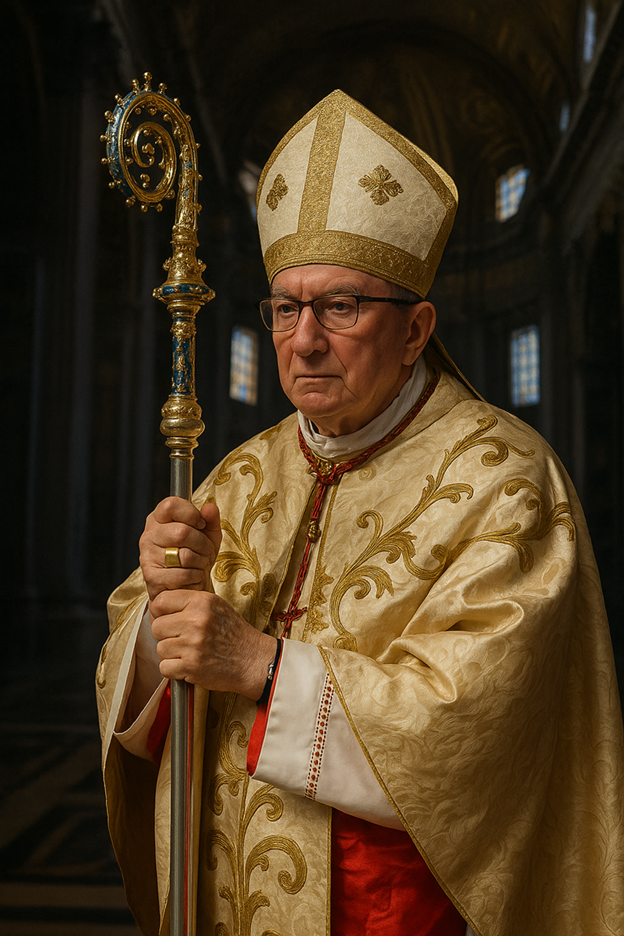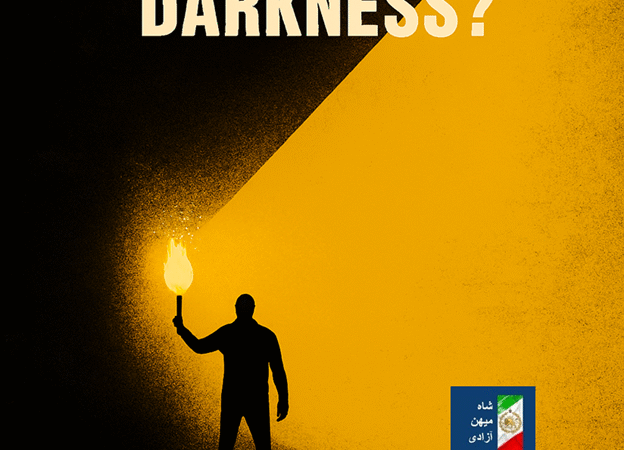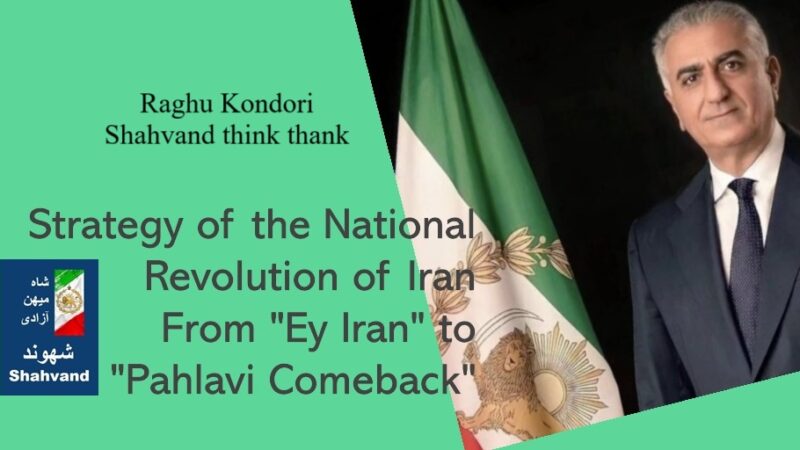The Papal Conclave

A Race for the Soul of the Church.
Might Cardinal Pietro Parolin stand out as a strong candidate to potentially guide the Church into the future?
By Raghu Kondori
“Explore the power dynamics and ideological divides within the papal conclave, arguing that the next Pope’s leadership will shape the Church’s future amid changing societal realities.”
The passing of a Pope doesn’t just mark the end of an era — it triggers an intricate power play that could determine the future of the Church itself. The papal conclave is not merely an election; it is a battleground where tradition, evolution, and personal convictions collide, shaping the very soul of Catholicism for generations to come.
The process begins with the gathering of the College of Cardinals, each holding their own theological and strategic perspectives on what the Church’s next leader should embody. While the guidance of the Holy Spirit is paramount for believers, the human dimension—comprising personal convictions, theological leanings, and strategic deliberations—undeniably shapes the selection of the next pontiff.
Consider a scenario where a highly respected, staunchly traditional cardinal takes an early and decisive stance in the conclave discussions. Their unyielding adherence to established doctrine and historical practices serves to clearly delineate the conservative parameters for potential candidates. However, within the “conservative” camp, there exists a range of views, from those advocating for a strict preservation of all Church traditions to others who may be open to more nuanced changes in certain areas, such as liturgical practices or pastoral approaches. This diversity reflects a broader conversation within the Church, where the meaning of tradition is debated and interpreted in different ways. From this conservative viewpoint, certain core tenets are paramount. The sanctity of celibacy for the priesthood is seen as a non-negotiable discipline, deeply rooted in scripture and tradition, fostering a unique dedication to God and the Church. Regarding the future role of women in the Church, a conservative perspective typically emphasizes their vital contributions within existing structures, focusing on roles that do not involve ordination to the priesthood, which is seen as reserved for men based on Christ’s example and unbroken tradition. Their understanding of the Church’s mission prioritizes the preservation of established teachings and practices, viewing any significant deviation with caution, lest it dilute the timeless truths of the faith.
Conversely, imagine a cardinal emerging as a prominent voice advocating for a more liberal approach. Their interventions in the conclave discussions might emphasize the need for the Church to more fully engage with the realities of the modern world, showing greater flexibility on certain long-held positions. Within the “liberal” camp, there is a significant variation in perspectives, with some pushing for incremental change, like allowing married priests in regions facing a shortage of clergy, while others advocate for more radical shifts, such as ordaining women to the priesthood. These differing views within the liberal camp highlight the ongoing debate about how best to balance modern needs with Church teachings. From this liberal standpoint, the question of celibacy might be approached with a view towards its pastoral implications. Some might argue for the possibility of allowing married priests, particularly in regions facing a shortage of clergy, believing it could broaden the pool of potential vocations and better serve the faithful. On the future role of women in the Church, a liberal perspective often calls for a more inclusive and equitable participation at all levels, including the possibility of ordination to the diaconate and even the priesthood, arguing that the exclusion of women from these roles limits the Church’s potential and doesn’t fully reflect the gifts and talents of all its members. Their understanding of the Church’s mission emphasizes the need for ongoing discernment and adaptation, believing that the core message of the Gospel can be expressed and lived out in diverse ways across different cultures and times.
The Church’s role as a moral and spiritual guide becomes even more critical in times of political division and societal change. Its policies and leadership decisions will likely have a profound impact, not just on its followers but on global discourse around ethics, justice, and human dignity. The next pope’s ability to navigate these complexities—balancing tradition with the need to address contemporary challenges—will be pivotal.
By establishing a firm conservative framework, the influential traditionalist voice could effectively narrow the field of viable candidates, making those perceived as too progressive seem less acceptable. This strategic positioning could create a dynamic where more liberal options are viewed with skepticism, thereby shifting the overall focus towards the center ground. The eventual successor, in this context, might well be a cardinal who has skillfully navigated these diverse viewpoints, maintaining a moderate profile. This individual, while deeply respecting the Church’s traditions, demonstrates an openness to understanding different perspectives and avoids taking extreme stances that could alienate a significant portion of the College of Cardinals. Their capacity to bridge differing theological and pastoral approaches and foster unity becomes an invaluable asset in such a divided landscape.
Such a candidate would represent a significant point of equilibrium, potentially seen as a positive outcome by those concerned about either a radical departure from tradition or a complete stagnation in the face of evolving societal realities. Their election would signal a desire for continuity and stability, a subtle recalibration towards a more grounded stance without the potential upheaval of a more rigidly conservative leader. This approach prioritizes long-term influence by ensuring that core traditional values remain central while allowing for measured engagement with contemporary issues.
The papal conclave is a contest not just for the future leader of the Church but for the direction it will take in a rapidly changing world. A moderate candidate, who can balance tradition with adaptation, would signal a future where the Church remains rooted in its timeless values while responding to the evolving needs of its followers. In this delicate balancing act, someone like Cardinal Pietro Parolin could emerge as the leader who unites divergent factions, steering the Church toward continuity, stability, and meaningful renewal.
Might Cardinal Pietro Parolin stand out as a strong candidate to potentially guide the Church into the future?

Raghu Kondori
Thinker, founder of Shahvand think tank, author, filmmaker, politics and spiritual. His work includes in-depth analyses of politics, strategy, psychology, literature, culture, philosophy and spirituality.
(x.com/RaghuKondori)

